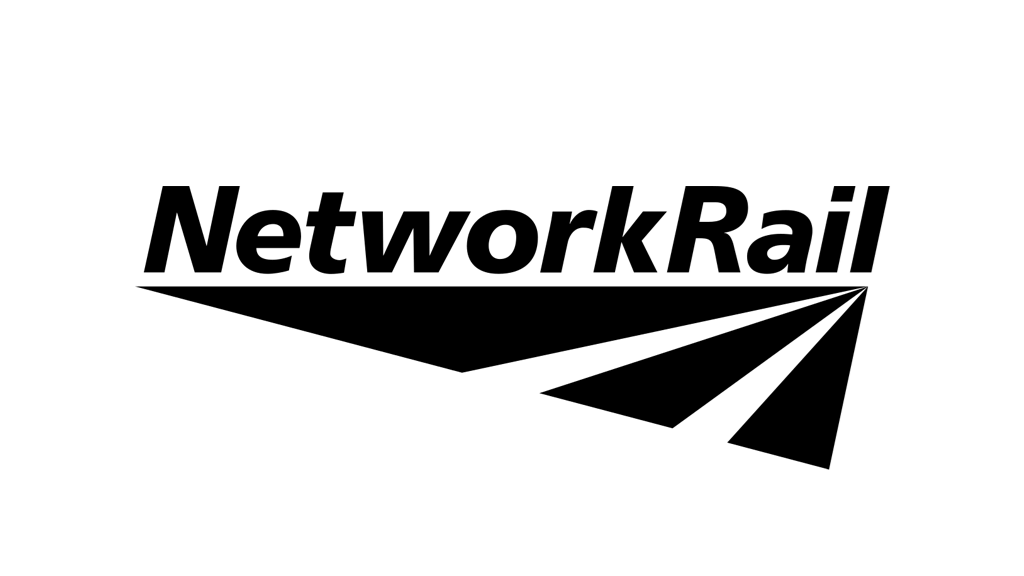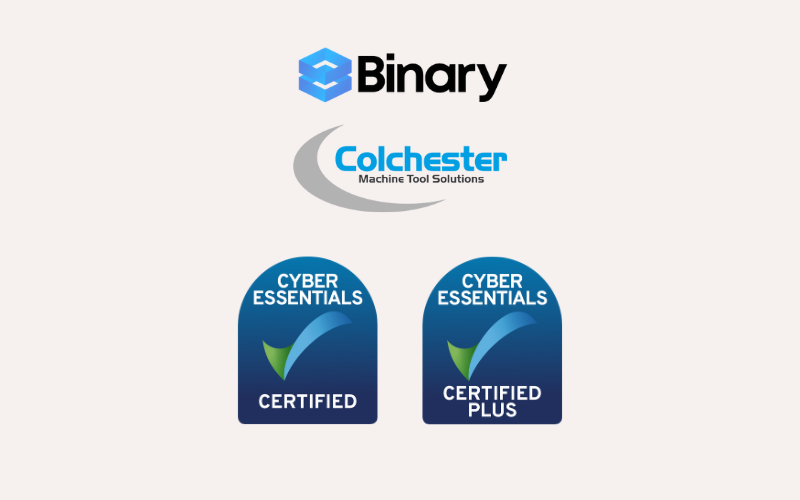Several train stations across the UK had their public Wi-Fi networks breached this evening; the breach has now been declared a “Cyber Security Incident.” Network Rail, the agency that operates these services via a third-party provider, initiated an investigation into the hacking attempt that attacked Wi-Fi at 20 stations.
The webpage, titled “We love you, Europe,” appeared for those commuters who connected to the Network Rail Wi-Fi and included information about various terror attacks within the UK and across the globe. Network Rail has shut down all public Wi-Fi services, although it’s unclear as to at what time the services were suspended or how significant the breach actually was.
Initial reports of the hack started surfacing at about 5 PM GMT, and it is still undetermined just how many were affected or if the incident extended beyond propaganda into malware deployment and other technical threats to users’ devices.
Considering an estimated 4.5 million journeys take place every day on the UK rail network, such a breach could have brought in a great deal of money to the cybercriminals. Attackers who launched such an attack are not yet identified.
Worst and Best Case Scenarios
The best case scenario is that the attackers only breached the network to display the message, without affecting user devices with any malware. If true, this would limit the scope of the breach to the network’s security itself, allowing for investigation and future improvements to prevent similar incidents.
If you used Network Rail’s Wi-Fi service during the reported time of the breach, it’s highly recommended that you change your passwords and run scans using a trusted antivirus solution.

Is Using Public Wi-Fi Safe?
So, a jolt out of this incident is indeed the harsh realisation that public Wi-Fi will never be truly safe. Such attacks underline the risks of such networks, which are normally used en masse by scores of the population, including business people. Since this could lead to a company-wide breach in security due to an employee connecting to an unsecured public network, it is always better to avoid the use of public Wi-Fi. Instead, using a mobile hotspot with a strong, secure password is a far safer option.
The most common attack in regard to public Wi-Fi is something called a “honeypot” where the cybercriminal will attach to a network which has a catchy name, such as “Train Station Public Wi-Fi.” Once connected, the attacker may be able to conduct reconnaissance and further technical attacks which could result in serious data breaches.
Conclusion
To conclude, we strongly recommend that users should not connect themselves to public Wi-Fi no matter how trustworthy they are. Mobile hotspots today are widely available with almost all devices, and it should be your standard answer every time you want to get online through the internet. In this regard, mobile hotspots are pretty easy to set up, usually faster compared to public Wi-Fi, and reduce the threat of numerous types of cyberattacks.
Organisations should also consider limiting employee access to public networks using controls on work devices. Limiting exposure to less-secure networks is one of the easier ways to keep sensitive data safe from breach incidents.




